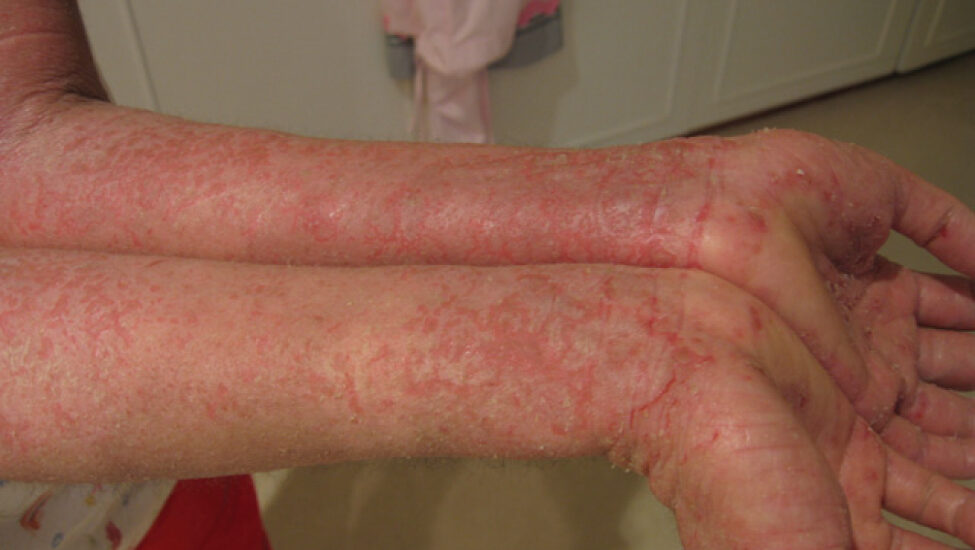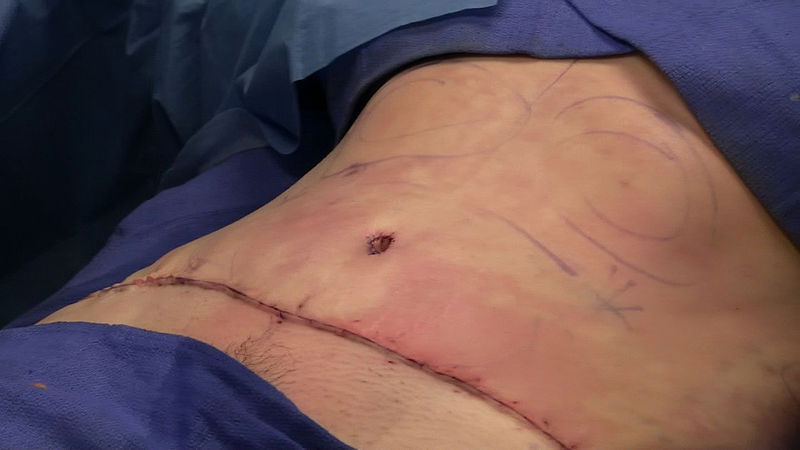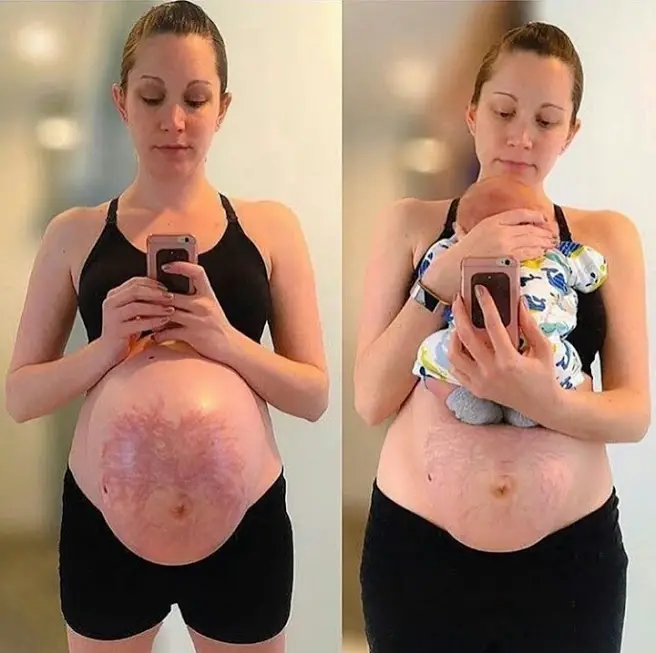If you’re dealing with a skin reaction like eczema, understanding its symptoms, treatments, and preventative measures is crucial. This article provides a comprehensive, step-by-step guide for you.

Table of Contents
What is Eczema?
Eczema is not just one condition; it’s a term that encompasses a group of skin conditions causing inflammation, redness, and itchiness. It can manifest anywhere on the body but commonly affects the hands, face, and areas behind the knees.
According to the WebMD, there are several types of eczema, including atopic dermatitis, contact dermatitis, and dyshidrotic eczema. Each has specific symptoms and triggers, but they all share the common traits of itchy, inflamed skin.
Identifying a Skin Reaction Like Eczema
It can be confusing to distinguish between eczema and other skin conditions that manifest similar symptoms. While eczema primarily causes red, itchy, and inflamed skin, conditions like psoriasis, contact dermatitis, and fungal infections can produce almost identical signs.
Hence, identifying a skin reaction like eczema is vital for proper treatment. Here’s what to do:
Visual Inspection
First, let’s talk about visual inspection. While eczema usually manifests as red, inflamed patches, psoriasis might involve thicker, scalier patches of skin.
Contact dermatitis generally occurs when the skin has come into contact with an allergen, like poison ivy or a particular soap.
Fungal infections often manifest as round, red patches with clear centers. However, visual inspection alone is rarely sufficient for a diagnosis.
Medical Tests
Second, you’ll likely need medical tests for a definitive identification. A dermatologist may conduct a patch test, skin biopsy, or even blood tests to isolate the specific condition you’re dealing with.
Medical history, like any familial incidence of skin conditions, is also considered in diagnosis. For accurate diagnosis and tailored treatment plans, consult a qualified dermatologist.
How to Treat a Skin Reaction Like Eczema
Once you’ve got a diagnosis, the treatment plan may vary significantly depending on whether it’s actually eczema or another condition mimicking it.
Genuine Eczema
For genuine eczema, the common treatment involves a combination of topical corticosteroids to control inflammation and itching. Antihistamines can also be prescribed to manage itching, especially during the night.
Frequent moisturizing with a hypoallergenic lotion is often recommended e.g. this Cetaphil Body Moisturizer from Amazon. Light therapy or phototherapy is another treatment avenue that involves exposing the skin to controlled amounts of natural sunlight.
Psoriasis
If you’re dealing with psoriasis, treatments might include topical treatments, light therapy, and systemic medications like biologics that treat the underlying immune dysfunction causing the condition.
Contact Dermatitis
In the case of contact dermatitis, the first step is usually to identify and remove the offending allergen. Topical or oral corticosteroids may then be prescribed to reduce inflammation.
Fungal Infections
For fungal infections, antifungal creams are most commonly used, sometimes in conjunction with oral antifungal medications. You can try this Antifungal Cream 2% Miconazole Nitrate by McKesson from Amazon.
Regardless of the condition, ongoing care and monitoring are essential. It’s important to have a treatment plan tailored to the individual’s condition, symptoms, and lifestyle.
Check out these other related articles…
Red Skin After Eczema: Your Complete Treatment Guide
Can Skin Recover From Eczema: The Ultimate Guide to Healing
Skin Peeling After Eczema Flare Up: Healing or Concern?
Does Skin Discoloration from Eczema Go Away? Detailed Answer
How to Lighten Skin After Eczema: 3 Proven Solutions
When to Seek Medical Advice
If you’ve tried over-the-counter treatments and followed preventive measures but see no improvement, it’s time to consult a healthcare professional. Persistent or worsening symptoms may require more potent treatments or could be an indicator of another underlying health issue.

